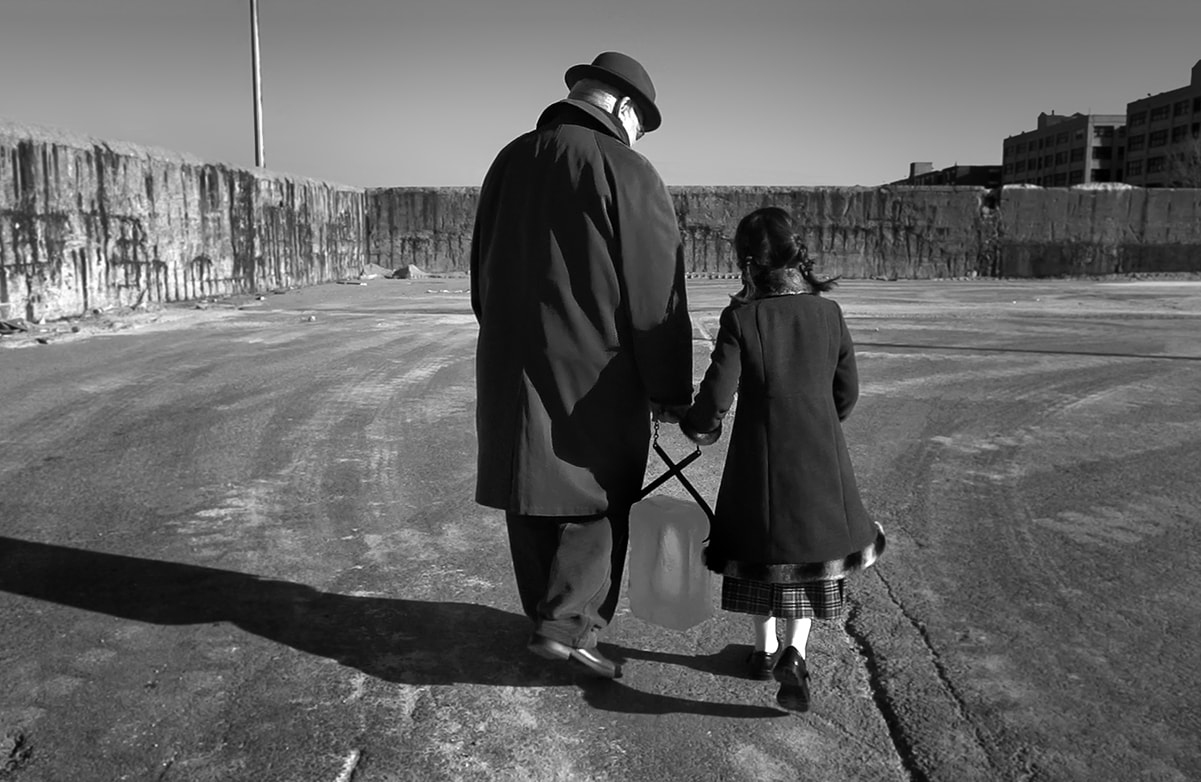|
Review by Sean Boelman The directorial debut of psychoanalyst-turned-filmmaker Ofra Bloch, Afterward is a new documentary exploring the Holocaust and the psychological impact it had on its victims and future generations. Thanks to Bloch’s intriguing perspective, the film manages to stand out among the many documentaries that cover this topic. In the movie, Bloch sets out to understand the trauma that the Jewish face in the wake of the Holocaust and the formation of Israel. Although the issues which the film addresses — anti-Semitism and the Israel-Palestine conflict — are among the most pressing of this and the last century, one can’t help but feel like Bloch bites off a bit too much to chew. While both sections of the movie offer some interesting commentary on the consequences of major conflicts such as the ones being discussed, the film likely would have been much better off had Bloch only explored the Holocaust. Even though Bloch does a solid job of tying her two theses together, she also limits the scope of her argument as a result. Ultimately, the movie is about compassion and growth. Because of Bloch’s background, she presents her ideas from as neutral of a perspective as possible (although bias is inevitable given the fact that the film is talking about Nazis). Over the course of the movie, the audience gets to see both Bloch and the people she interviews learning about and understanding the other side with more empathy. Obviously, Bloch has a great deal of time and passion invested in the project, and as such, she makes a very compelling subject. Films featuring the documentarian as the main focus don’t always work, but since this is effectively a method of presenting the research that she has conducted, it plays out in a more naturalistic way than usual.
For a first-time filmmaker, Bloch has a surprising command of the craft, communicating her information in a way that is both competent and entertaining. Similar documentaries often have a hard time feeling accessible to a wide audience, as viewers get bogged down by an excess of information, but Bloch’s methods are effectively concise. If the movie does have a significant shortcoming, it is that Bloch isn’t able to make the film have the emotional impact or urgency that it should. By approaching the narrative with such a personal viewpoint, Bloch’s movie feels extremely authentic, but it also loses the sense of necessity for people outside of the sector which she is directly addressing. Afterward explores a very important topic from a unique stance, and as a result, it is able to add some interesting ideas to the conversation. Though viewers are seemingly inundated with Holocaust documentaries, they should make time for this one. Afterward is now playing in theaters and hits VOD on January 28. Rating: 3.5/5
0 Comments
Leave a Reply. |
Archives
July 2024
Authors
All
|
|
|
disappointment media
Dedicated to unique and diverse perspectives on cinema! |


